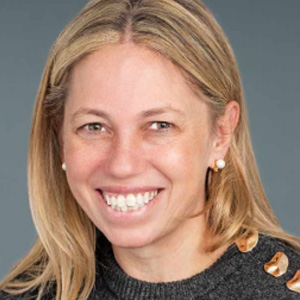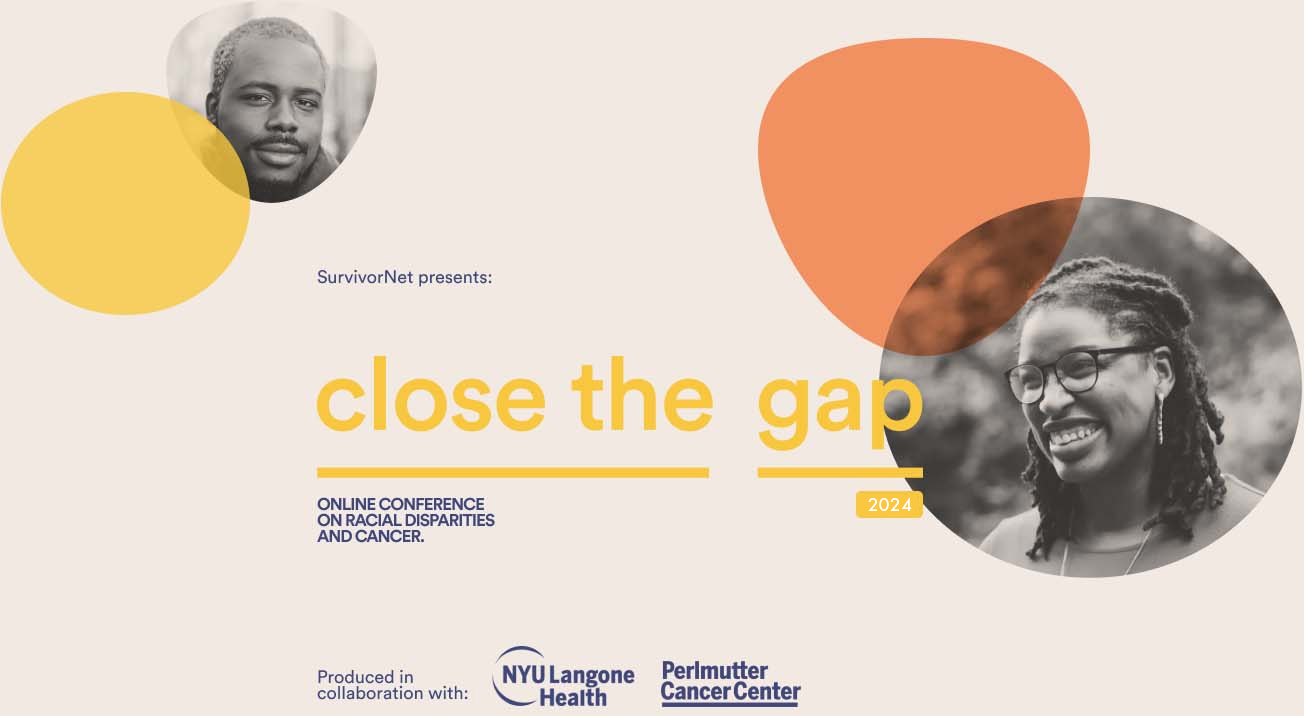Published Nov 25, 2024
The Latest Practice-Changing Developments in Gliomas From SNO
At the 2024 Society for Neuro-Oncology Annual Meeting, SurvivorNet Connect sat down with a panel of experts from across the field to discuss the latest updates, approvals, and treatment options — including the exciting approval of vorasidenib (Voranigo) to treat patients with IDH1/2-mutated diffuse glioma.
The panel features some of the country’s leading researchers and clinicians. We hope you find the conversation as enlightening as we did, and please get in touch if you’d like to weigh in with your own thoughts for the platform.
Panelists:

Dr. Katherine Peters
Dr. Peters is a neuro-oncologist and professor of neurology and neurosurgery at The Preston Robert Tisch Brain Tumor Center at Duke.

Dr. Alexandra Miller
Dr. Miller is chief of neuro-oncology & co-director of The Brain and Spine Tumor Center at NYU Langone’s Perlmutter Cancer Center.

Dr. Ganesh Rao
Dr. Rao is chairman of neurosurgery at Baylor College of Medicine.

Dr. Erin M Dunbar
Dr. Dunbar is a founding physician of The Brain Tumor Center and director of neuro-oncology at Piedmont Atlanta Hospital.
Summary
The wide-ranging conversation covered a variety of topics in the glioma space. Much focus was placed onto the approval of vorasidenib and what it means for patient care going forward.
Key take-aways include:
- The featured experts reacted with enthusiasm over updated data on the targeted therapy vorasidenib (Voranigo) for patients with IDH1/2-mutated diffuse glioma.
- With six additional months of follow-up, vorasidenib showed robust efficacy, with greater magnitude of PFS and a reduction in tumor volume [than placebo]. No additional safety signals were picked up and the patients on vorasidenib showed significantly better seizure control than those on placebo.
- The genetically targeted therapy vorasidnib continues to deliver very encouraging new data. At the 2024 Society of Neuro Oncology Conference in Houston, a new wave of data from the groundbreaking INDIGO trial was revealed.
Topics Covered
Check out SurvivorNet Connect’s glioma page for a more in-depth break-down of the topics covered in this conference.
- Implications for Practice: What do the latest vorasidenib results mean for patients in the clinic today?
- Edge Case Patients: What should the treatment plan be for a 41-year-old grade 2 glioma patient, who falls in a “gray area,” regarding surgery, targeted therapy, radiation, and other available medicines?
- Recurrence: What should the approach be when a patient treated with vorasidenib recurs?
- Grading Subjectivity: Given the challenge of classifying patients, can grade 3 glioma patients also be given vorasidenib?
- Community Physician Guidance: Practical steps community oncologists can take to access and partner with high volume brain centers.
 Explore this Program
Explore this Program
November. 24, 2024 4:00pm (EST)








 Online Video Conference
Online Video Conference 

